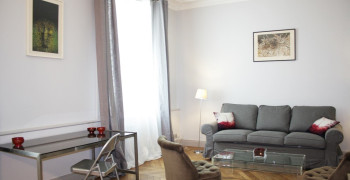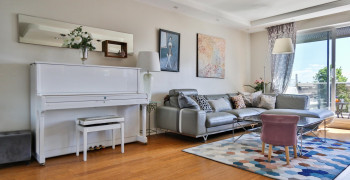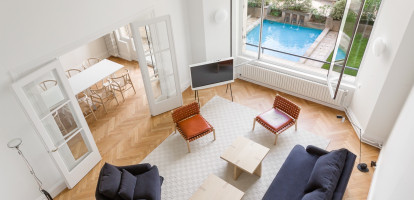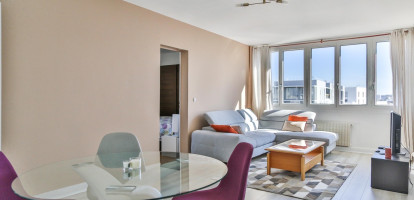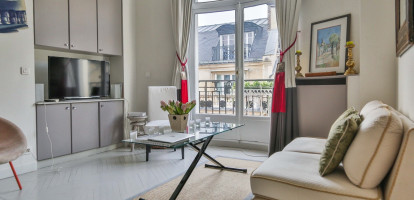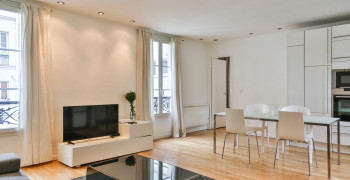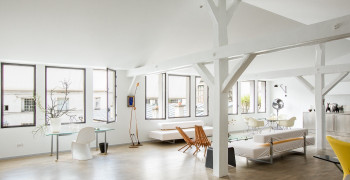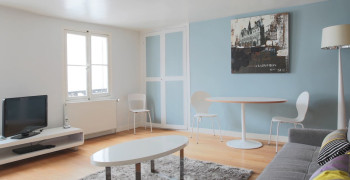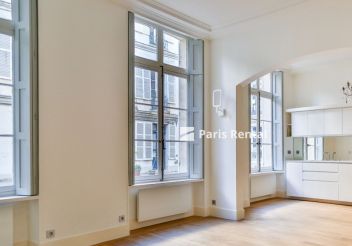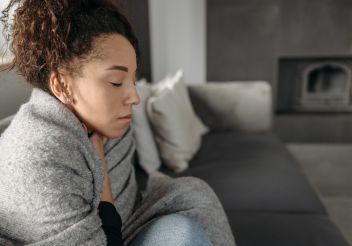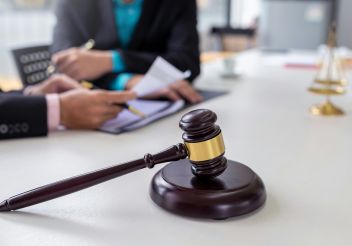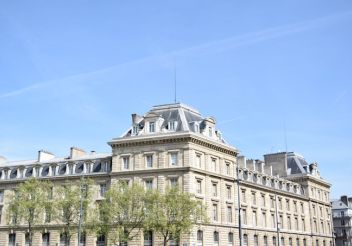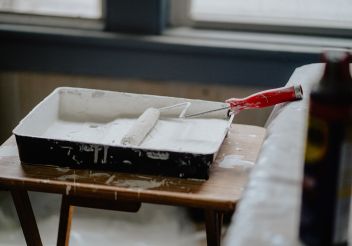As a lessor, it is crucial to understand and fulfill your obligations to ensure a smooth and legally compliant rental experience. From adhering to rental regulations to maintaining the property and meeting tenant expectations, this article aims to provide an in-depth understanding of the lessor's responsibilities for renting out a long-term furnished apartment in Paris.
Provide and maintain a decent rental accommodation for tenants
1. Respect rental surface area requirement:
As stated in the decency decree (décret de décence), a rental property must have at least one main room that satisfies either of the following criteria:
- It must have a minimum surface area of 9 m² and a ceiling height of at least 2.20 meters.
- Alternatively, it must have a habitable volume of at least 20 m³.
N.B. In the case of a shared apartment (colocation) with a single lease, the property should have a minimum surface area of 16 m² when accommodating two flatmates. For each additional roommate, the surface must be another 9 m² bigger.
When multiple tenants with multiple leases share the apartment, each rental contract should indicate the specific room allocated to each tenant for their private use and the shared common areas accessible to all co-tenants (such as the living room, kitchen, bathroom, etc.) Each flatmate must have a private room with a surface area of at least 9 m² and a volume of at least 20 m³ (excluding the shared common area).
2. Ensure tenant health and safety:
The rental accommodation must ensure the health and safety of tenants and meet the following conditions:
- The property must be fully enclosed and covered.
- It should have protection against parasitic air infiltration.
- Personal safety devices such as window railings, staircases, loggias, and balconies within the dwelling and its entrances should be well-maintained and appropriate for their intended use.
- The building materials, pipes, and coverings within the dwelling should not present any apparent risks to tenants' health and physical safety. They should be in a suitable state of preservation and maintenance.
- The electricity and gas networks and connections should conform to safety standards and be in proper working order.
- The heating and hot water production equipment should comply with safety standards and be in good working condition.
- The apartment should provide adequate ventilation.
- Main rooms designated for living or sleeping should have sufficient natural light and an opening to the outdoors or a glazed area connected to the outdoors.
3. Pest free
Decent housing should be free of infestations of vermin and parasites such as rats, bedbugs, and cockroaches.
4. Respect furniture and appliance requirements
Check the list of mandatory equipment required for the decent housing standard.
5. Present a decent energy performance
The rental property should consume less than 450 kWh of final energy per square meter yearly for any leases signed, renewed, or extended after January 1, 2023. This energy consumption information figures in all energy performance diagnoses (DPE).
- Lease from 2025: the property must fall within classes A to F
- Lease from 2028: the property must fall within classes A to E
- Lease from 2034: the property must fall within classes A to D
Providing mandatory documents to tenants
1. Required documents attached to the lease
When signing or renewing a furnished apartment lease, the landlord must add the following documents:
1) Property technical diagnostic files (diagnostic immobilier), including:
2) Other required documents are to be attached to the lease:
*The provided extract includes information regarding the building's purpose, the utilization of private and common areas, and the respective distribution of charges for each category related to the rented property.
2. Rent receipts
For every rent payment made, the landlord or their representative (Property Manager) must provide a rent receipt to the tenant upon request without additional charges. It should specify the amounts paid by the tenant, differentiating between the rent and building charges. With the tenant's consent, the landlord or their representative can send the receipt via email.
3. Proof of building maintenance charges
Suppose the tenant pays the building maintenance charges through a provision payment. In that case, the owner must provide the tenant with proof of the rental costs. You will find more information about rental charges' payment in the article here.
Rental property repairs and maintenance, which the owner is responsible for?
What types of work are the owners responsible for?
In conclusion, the lessor's legal obligations and regulations for a long-term furnished rental in Paris aim at protecting the rights and well-being of tenants and landlords. Landlords contribute to tenants' satisfaction and comfort by fulfilling these obligations and fostering positive landlord-tenant relationships.
Credit Photo@edmondlafoto
Editor: Siyi Chen
Sources: LegiFiscal, Service Public , Expatica
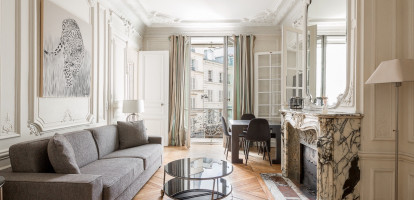


 Français
Français

